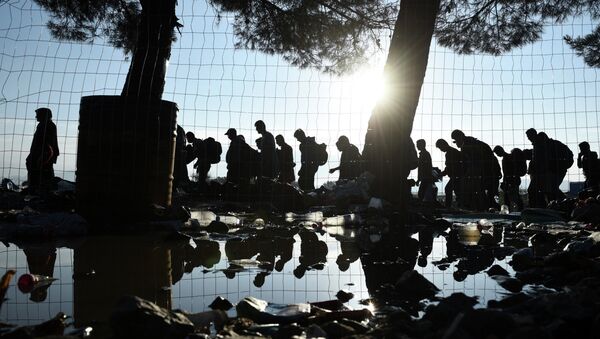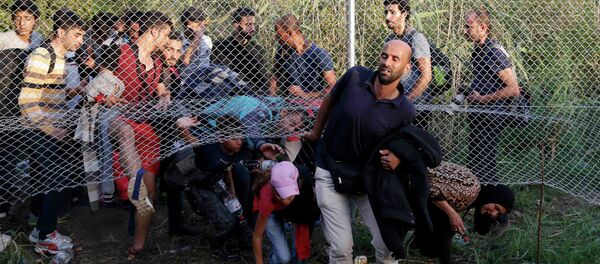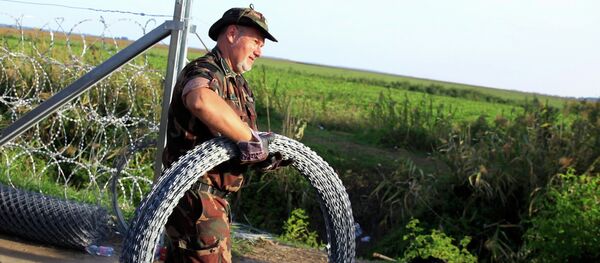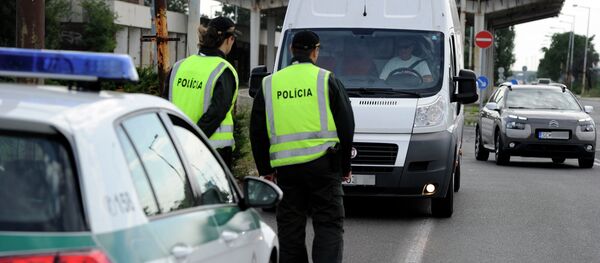Germany backed a call by the European commission last week demanding at least 22 EU countries accept new quotas for the redistribution of 160,000 refugees stuck in Italy, Greece, and Hungary. The temporary restrictions imposed by Germany are widely viewed as a way to apply pressure on countries resisting the mandatory quotas, mainly in eastern and central Europe.
The new quota system has put EU ministers at loggerheads, with countries like Slovakia and the Czech Republic rejecting the proposal. Ministers at the Brussels meeting are expected to water down demands for mandatory refugee quotas.
The ministers are also set to accept a new plan proposed by EU ambassadors ahead of the Brussels meeting. The plan, outlined in a four-page draft statement, calls for the establishment of larger refugee camps in Italy and Greece, where the initial flow of refugees begins as they journey into Europe, and for the establishment of "detention measures."
Obtained by the Guardian, the draft-statement said "reception facilities will be organized so as to temporarily accommodate people" in Italy and Greece, while their asylum claims are being processed. The draft emphasizes the need to process these claims quickly, outlining measures for those whose claims are rejected.
"It is crucial that robust mechanisms become operational immediately in Italy and Greece to ensure identification, registration and fingerprinting of migrants; to identify persons in need of international protection and support their relocation; and to identify irregular migrants to be returned," the statement said, according to the Guardian.
Further, European authorities are to establish "rapid border intervention teams," and deploy them at "sensitive external borders." The statement notes that those failed asylum seekers can also be interned if they attempt to leave to another country from Greece or Italy.
"When voluntary return is not practicable and other measures on return are inadequate to prevent secondary movements, detention measures…should be applied."
As ministers argue over the refugee quota, no long term solution regarding the redistribution of 160,000 refugees coming into the region has yet been reached. But it appears as though they are ready to agree on a medium-term solution outlined in the draft statement, which stresses the immediate need for the EU to fund and help build larger refugee camps outside Europe to accommodate those whose asylum claims have been rejected.
European states should aim "at developing safe and sustainable reception capacities in the affected regions and providing lasting prospects and adequate procedures for refugees and their families until return to their country of origin is possible," the statement said, according to the Guardian.
States should then "be in a position to find asylum applications of these persons inadmissible on safe third country grounds…after which swift assisted return can follow."





